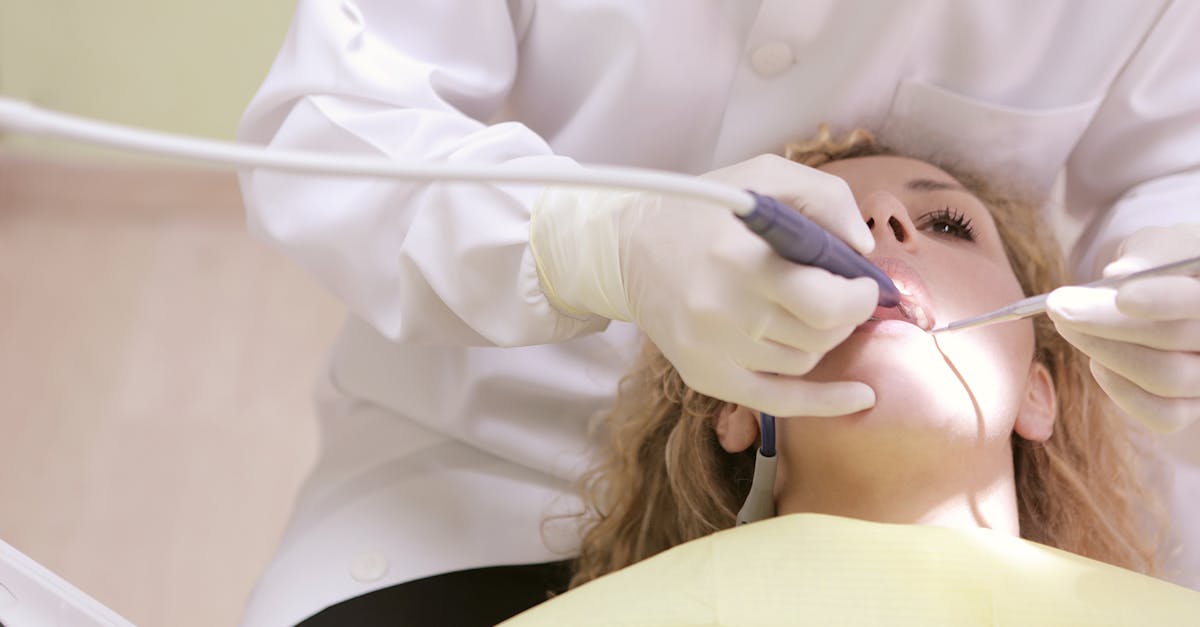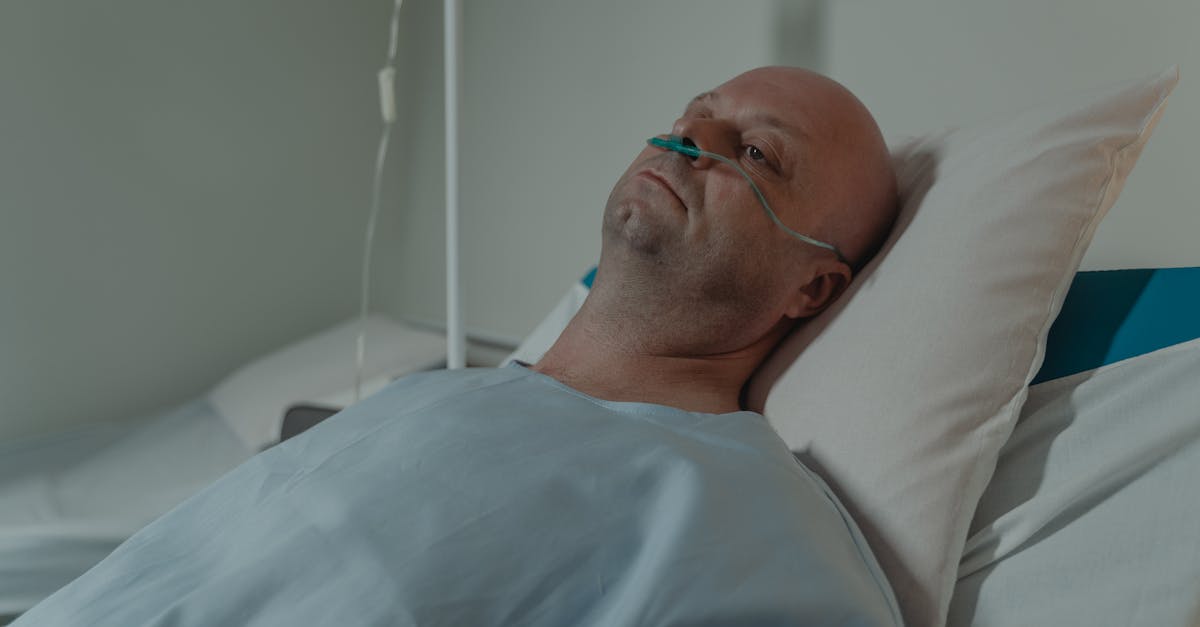Effective Treatments for Fatty Liver Disease
Introduction
Fatty liver disease is a common ailment that occurs when fat accumulates in the liver. Often asymptomatic, this condition can progress to more severe complications if untreated. Understanding treatment options is crucial to managing and reversing fatty liver disease.
Advertisement
Lifestyle Modifications
The first line of treatment for fatty liver disease generally involves lifestyle changes. Embracing a healthier diet, focusing on nutrition, and regular exercise are pivotal. These changes help reduce liver fat and improve overall health, making them foundational to effective management.
Advertisement
Dietary Adjustments
Adopting a balanced diet rich in fruits, vegetables, and whole grains is essential. Reducing consumption of saturated fats, sugars, and processed foods plays a significant role in treatment. Nutritional counseling can offer personalized dietary plans tailored to one’s health needs.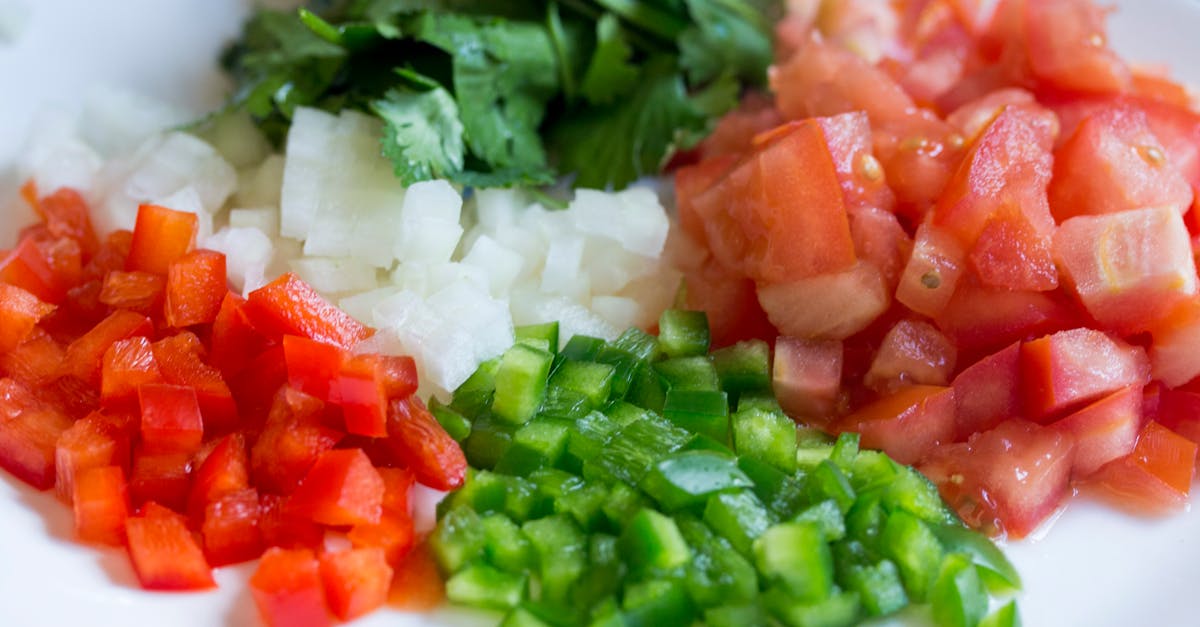
Advertisement
Exercise and Activity
Regular physical activity is another cornerstone of managing fatty liver disease. Engaging in at least 150 minutes of moderate aerobic exertion weekly helps reduce liver fat. Incorporating exercises like walking, cycling, or swimming into daily routines is beneficial.
Advertisement
Weight Management
Achieving a healthy weight significantly affects the reversal of fatty liver disease. Even a weight loss of 3-5% can reduce liver fat. A combination of calorie reduction, increased activity, and medical guidance can aid in sustainable weight loss efforts.
Advertisement
Alcohol Abstinence
Limiting alcohol intake is crucial, especially for individuals diagnosed with alcoholic fatty liver disease. Abstaining can halt the progression and promote healing in the liver. For many, seeking support through counseling or rehabilitation programs proves advantageous.
Advertisement
Medication and Supplements
While no specific medications target fatty liver disease, some treatments can manage associated conditions. Vitamin E and omega-3 supplements are options under investigation, though their effectiveness varies. Consulting healthcare providers is vital for determining appropriate treatments.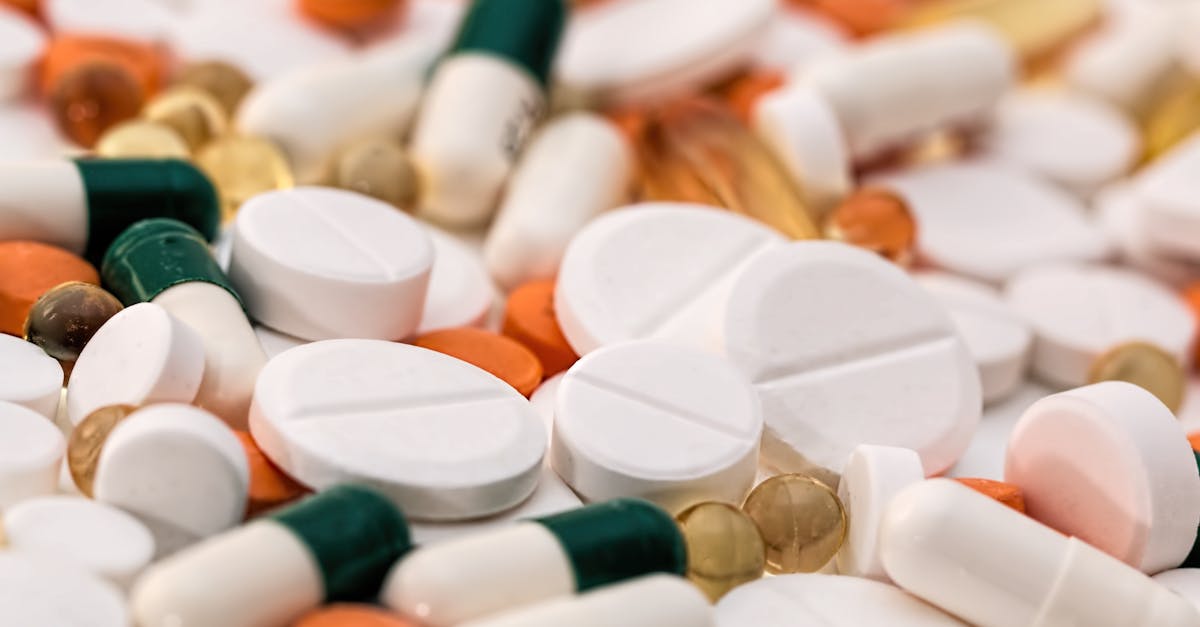
Advertisement
Management of Related Conditions
Addressing metabolic conditions like diabetes, hypertension, and high cholesterol is essential. Medications and lifestyle changes targeting these issues can benefit liver health. A comprehensive approach, monitored by healthcare professionals, enhances treatment outcomes.
Advertisement
Monitoring and Follow-Up
Regular check-ups and liver function tests track the progress of treatment. Healthcare providers can adjust plans based on monitoring. Remaining engaged with medical advice ensures adherence to treatment protocols, fostering better long-term health.
Advertisement
Conclusion
In summary, effectively managing fatty liver disease demands a multifaceted approach. Lifestyle changes, medical consultations, and regular monitoring remain integral to treatment. With proactive steps, individuals can significantly improve liver health and overall well-being.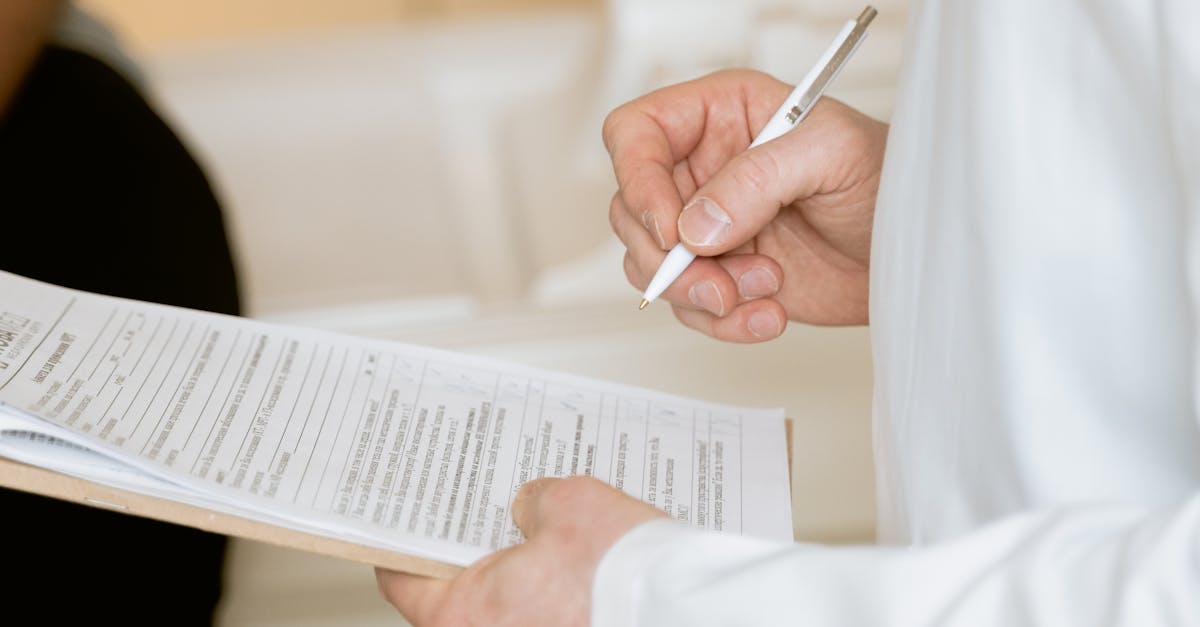
Advertisement

